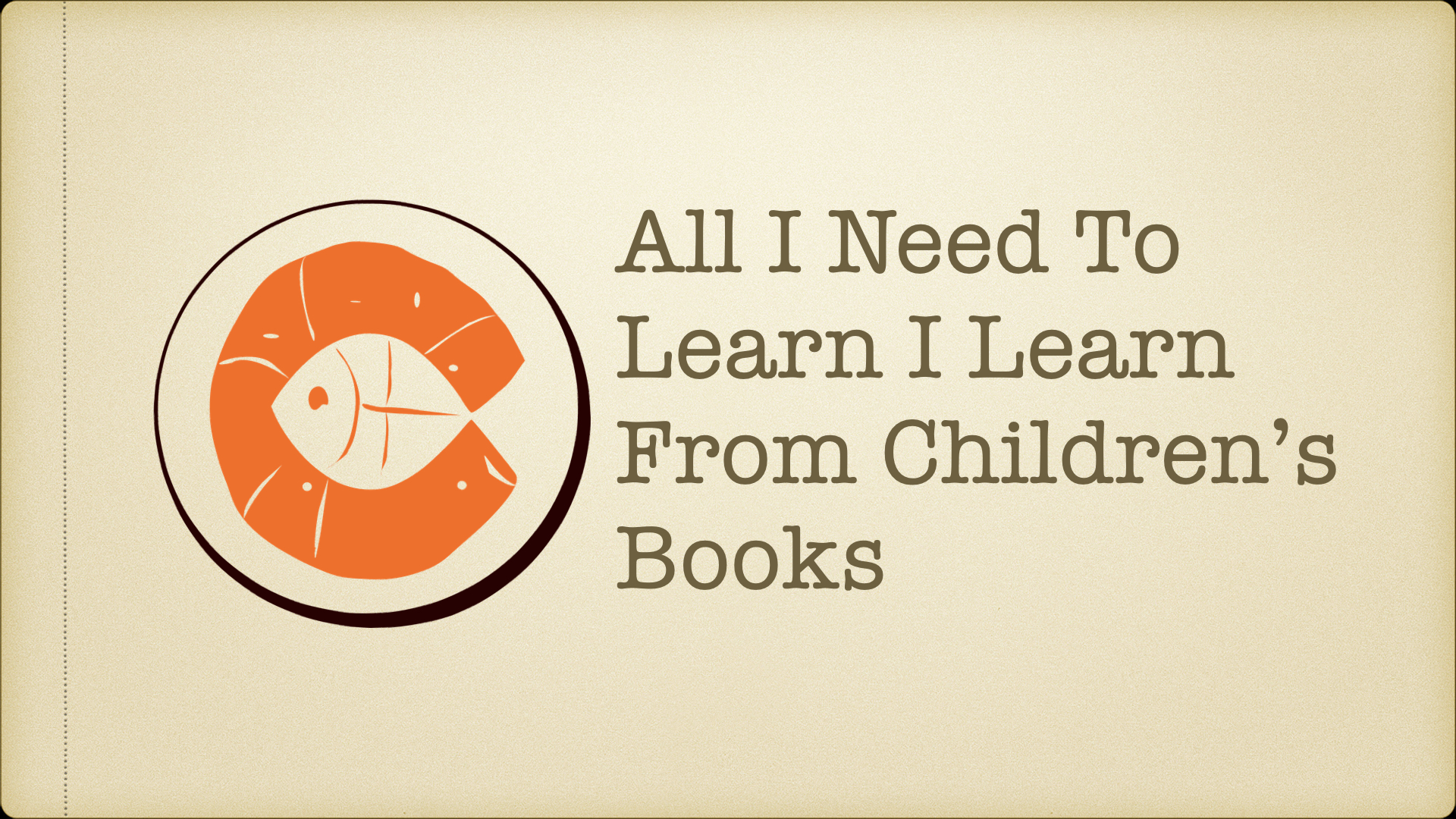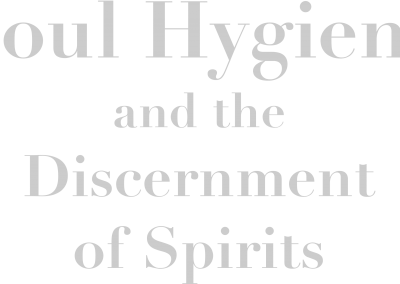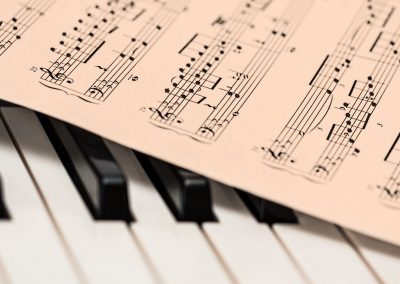A Baby’s Pearl of Great Price
At the Asian Youth Academy/Asian Theology Forum (AYA/ATF) in Yogyakarta, Indonesia on July 30, 2017, Fr. JM Manzano, SJ delivered an abridged version of this article as his homily during the Eucharistic Celebration with AYA/ATF delegates.
What is your life’s pearl of great price? Solomon was once asked a question like this. If he were to choose from anything God has promised to give him, what would that be? He did not choose long life, nor material riches, not even the lives of his enemies. He chose an understanding heart, a discerning heart.
The story did not and must not end with Solomon. Wisdom after all was not Solomon’s exclusive privilege. For I found somebody in our midst, so much younger than he, who makes choices in life that looks far different from her older contemporaries.
What a baby knows
I would like to tell you about the baby girl in a epic children’s book entitled “Baby Knows Best” by Kathy Henderson and illustrated by Brita Granström. The author pokes fun at grown-ups who have the mould of showering children with a lot of worldy allurements, thinking they could make them happy. The book, with its 18 pages of colorful illustrations, can prove many of us wrong.
In the story, the baby is given all sorts of toys that most parents are willing to buy no matter the tag price. But what does this baby want? Her attention is captured upon the sight and sound of the front door keys. Perhaps she might be wondering, “There is something about these shiny little stuff for they unlock in me joy.” Like music to her ears, the front door keys signal the arrival of her loved ones back home. They open up a spiritual house which many would call “home.” The baby, even if she could not talk, already speaks the language of the spirit. She sees and feels the color, texture and shape of it. All her loved ones are just deaf, blind and indifferent to its grandeur.
The same is true with the pile of cardboard picture books. But the baby does not like those because she prefers the newspaper that Daddy reads. The poor baby girl flounders around clumsily and helplessly to reach out to Daddy. I can imagine on some other occasion perhaps she will do the same to her brother and sister whose eyes are glued to the cellphone, computer or television. It seems the baby is beginning to acquire ADHD (Attention Deficit Hyperactivity Disorder) that is triggered by lack of attention.
When it comes to clothes, one wonders why she has accumulated more sets of clothes than anyone of us—clothes she does not even need. Because what does Baby like to wear best? Nothing at all. She feels more comfortable wearing what she had at birth. In the world-view of this child, “less” means “more” and “more” means “less.” Our baby in the story is telling us about what Pope Francis has said in Laudato Si about “… a bold cultural revolution … we need to slow down and look at reality in a different way… to recover the values and the great goals swept away by our unrestrained delusions of grandeur.” [LS 114]
At the dining table, she is given a specially mashed up baby food. But what does she want to eat? What we have. That to me is the seed of togetherness and solidarity. It is meant to grow in each of us the moment we were born but the soil of allurement of the world has killed it. The sweet ending shows the protagonist rejecting carriage and crib, which are the modern-day symbols of alienation, secularism, and consumerism. Where in this world does the child like to sleep? Snuggled up in the arms of a mother. Early in life the baby already has to struggle and compete to bring Mommy and Daddy back home after a day’s work. She is after their warm presence and not those cold and devoid-of-spirit material presents. Indeed the baby knows much better than any of us combined. Without doubt we have found somebody greater than Solomon here.
Throwaway Culture
I think we have here a modern day parable to describe our overly secularized world and what has drastically changed in the quality of human life. Pope Francis describes it as a “throwaway culture” where a lopsided view of value has dominated. The baby is teaching us here a way out of this culture. The sad story is that those around her are teaching her a throwaway culture instead. We have exchanged a deep spiritual relationship with the world for a relationship of efficiency, calculation and domination. This will not pass without causing a major devastation to humanity and to plant and animal species. There are so many people pushed to the margins, driven away from their native homelands as a result.
What we need is a counter-cultural movement to manage unregulated consumption. There is development aggression that takes place day in and day out. More and more marginalized people are finding themselves living in the fringes of society. The indigenous peoples are at the forefront among victims of development aggression. For in this overly commodified environment, it is impossible for them to find a place to exist and to appreciate native beauty.
The Pope’s Three Appeals To All Human Beings
At the Asian Youth Academy/Asian Theology Forum, we listened to a number of speakers who ascertained the crises of the present world. I, for one, feel a helpless desperation and do not know where to pick up the pieces. Pope Francis, in Laudato Si, makes three appeals to all human beings.
In times like this, first we need to go back to the basics. He is urging all human beings to “return to that simplicity which allows us to stop and appreciate the small things…to be spiritually detached from what we possess, and not to succumb to sadness for what we lack…” [LS 222]. The value of small things, that may seem useless, is key to making a difference in the world. We can start by taking baby steps towards unlearning what could still be unlearned. Cut down on our consumerist lifestlye when we can still do something.
However, baby steps are impossible to take without personal conversion or what we may call “pathways of hope.” Pathways towards a more sustainable way of living ought to be created if it can no longer be found amidst the giant leaps of human consumerism. What this world needs are people who could find a way against two real temptations: tempation to condemn God’s creation and temptation to despair. Pope Francis tells us that “all is not lost. Human beings, while capable of the worst, are also capable of rising above themselves, choosing again what is good and making a new start… No system can completely suppress our openness to what is good, true, and beautiful. He makes the appeal to everyone throughout the world not to forget this dignity which is ours…” [LS 205]. Pathways are opened when one begins to accept that he or she has contributed, in one way or the other, to the destruction of our common home.
Finally, let us take the cue from the vulnerable, unprotected child in each one of us. The baby, the protagonist in the book, Baby Knows Best, is in control, she makes the key decisions in the family, she can command even just by being a baby in her vulnerabiliin her little form. She has freedom, and hope and has not yet succomb to despair. She is in the in-between world, between weakness and strength, submission and possession, spiritual and material. A world that could be seen only through the eyes of awe and wonder. We all could draw inspiration from the child deep inside us. We have the capacity to change how we look at this world, with full wonder and awe. The world needs people of this sort and, as Jesus has called his disciples, we are called to become like this child.
Pope Francis beautifully puts this in his letter, “lf we approach nature and the environment without this openness to awe and wonder, if we no longer speak the language of fraternity and beauty in our relationship with the world, our attitude will be that of masters, consumers, ruthless exploiters, unable to set limits on their immediate needs….” [LS 11]. The indigenous peoples’ way of living could lead us towards engaging nature as sacred. There is something embedded in indigenous paths that we could dig in deeper and learn from.
Fill yourself with joy
The story of the pearl of great price in today’s Gospel (17th Sunday in Ordinary Time) will not be complete without the celebration. When the poor peasant and the merchant finally found what they have been looking for they were filled with joy. Like them, let us beg the Lord to show us how to find our pearl of great price. You can tell when you have found it because you will be filled with so much joy in celebration, and you will be so much willing to sell and divest yourself of everything just to have it.




